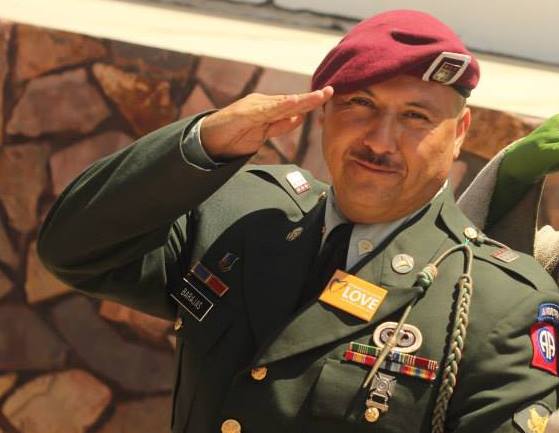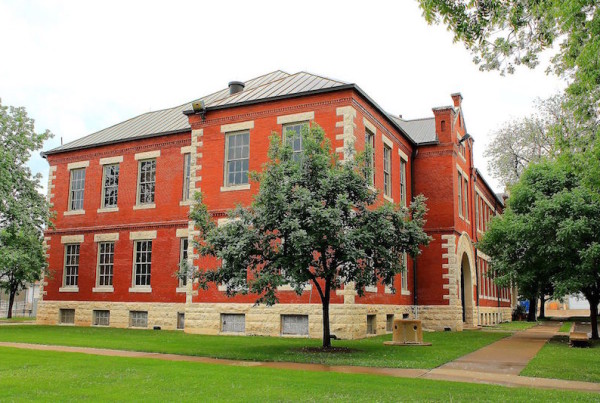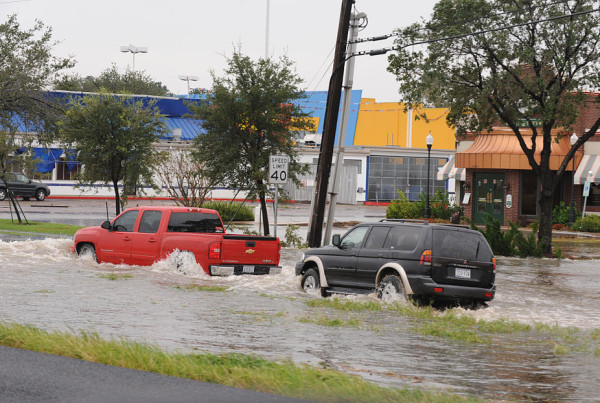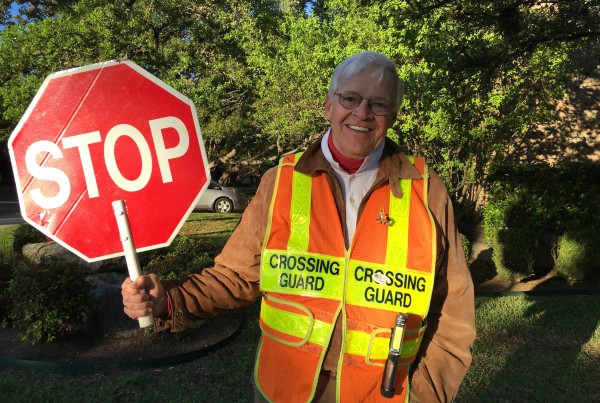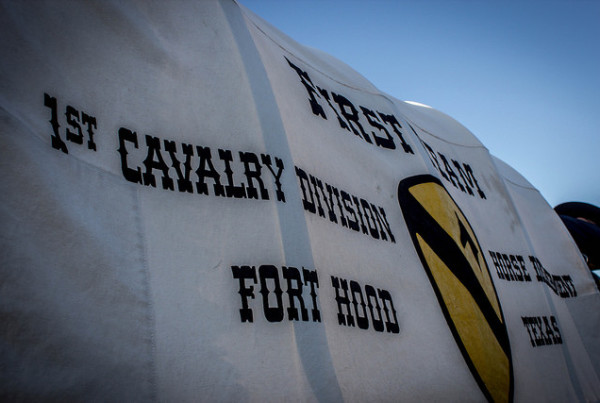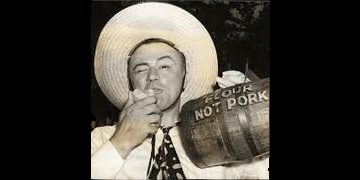This summer, veterans of the US military are planning what they’ve described as a mass surrender at the U.S.–Mexico border.
The idea here – if it comes to fruition – is to call attention to the fact that although they have worn the uniform of the armed forces, defended the U.S. Constitution, and gone to battle in America’s wars, they are not welcome in the U.S. They are honorably discharged U.S. veterans, who nonetheless were deported from the States because of criminal convictions and no U.S. citizenship.
Hector Barajas is one of them. He was a legal permanent resident of the U.S. when he joined the 82nd Airborne Unit. After being honorably discharged he went back home to visit his family. Then, he ended up with a three year prison sentence for discharge of a firearm.
“In 2003, discharge of a firearm was considered an aggravated felony, and I was deported for 20 years in 2004,” he says.
He tried to fight the case, but was sent to Tijuana anyway. Then, after doing some research, Barajas was surprised to find that these kinds of deportations were common.
“During that time I thought I was the only person that this was happening to, until I started digging through the internet and organizing Facebook pages and eventually opening up a shelter for deported veterans in Tijuana,” he says.
It’s not just Mexicans, and its not any particular age group, either. Barajas says he knows of people who were sent back to a number of different countries.
“Right now we’re connected with veterans that served all the way from the Vietnam War to guys coming back from Iraq and Afghanistan that have been deported to 25 different countries,” Barajas says. “They might have been under the assumption that they were US citizens – I have one guy that was in Afghanistan and they told him you know, Sign right here you’re going to be an automatic citizen.”
And even though they’ve been sent away from the United States, there are still some benefits that deported veterans can have.
“If there’s room enough for me in Arlington, my family could chose to have me buried in Arlington and be given a funeral with full military honors, because I’m an honorably discharged veteran,” Barajas says.
Even though he’s been sent away, Barajas is still fighting to become a U.S. citizen and return to the place that he considers home.
“Right now I’ve actually applied for citizenship with the ACLU and another law firm thats helping me out so some things happening in case law I’m actually eligible, so I might be a US citizen in a month and a half or two months, who knows … I feel like the policies are wrong, but I still love my country. If you walk into our office, you can see more than 15 American flags, you won’t see a Mexican flag. Because I love my country, it’s where my family is at. It’s what I know.”
Web post prepared by Alexandra Hart.


